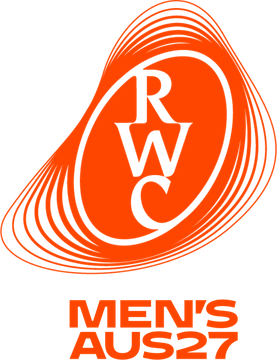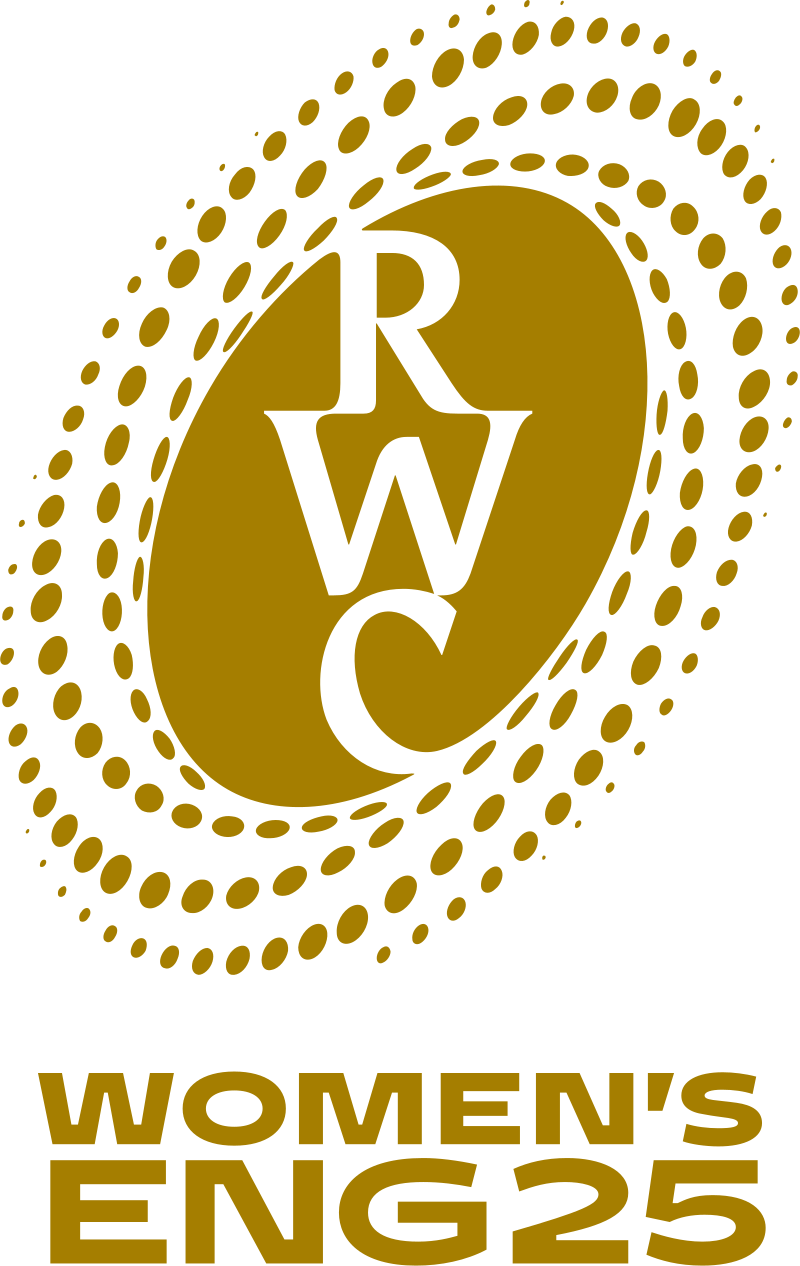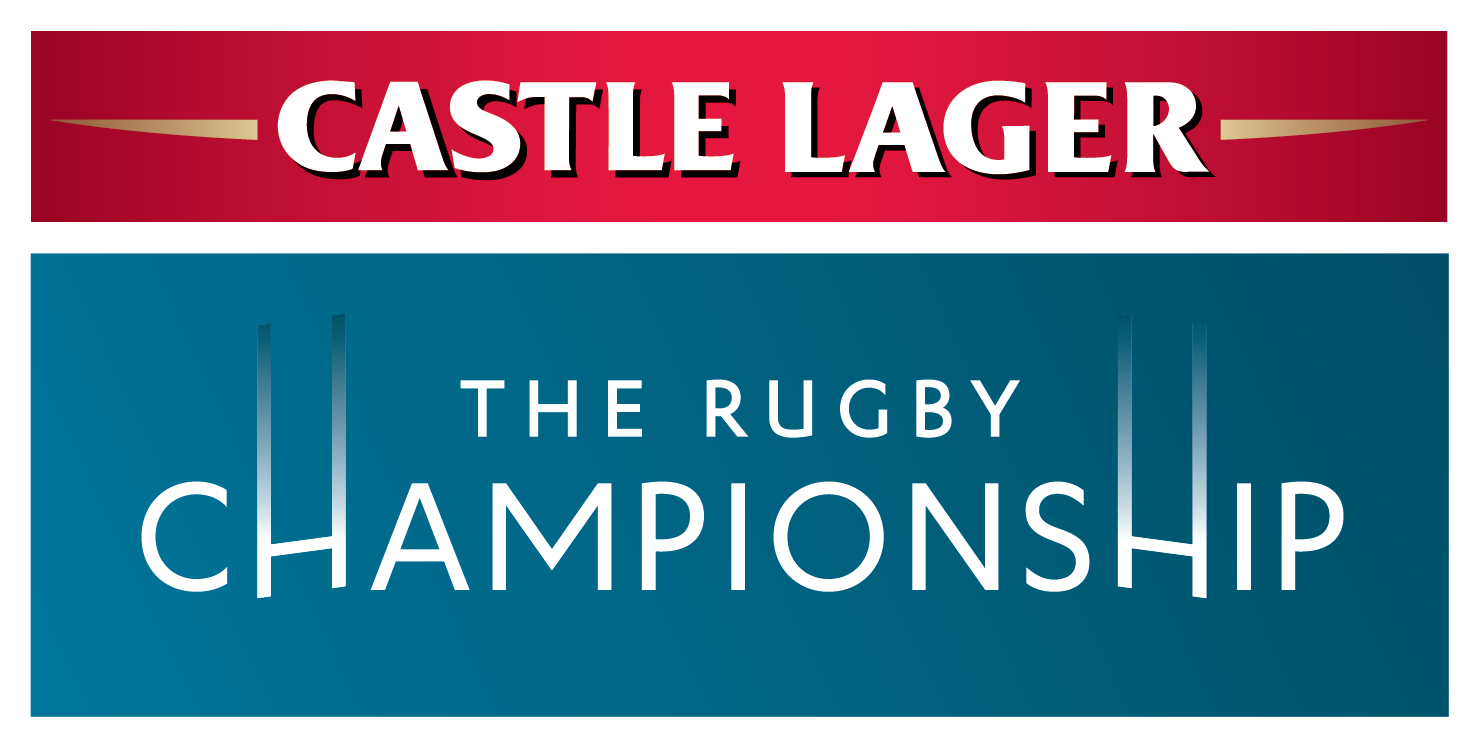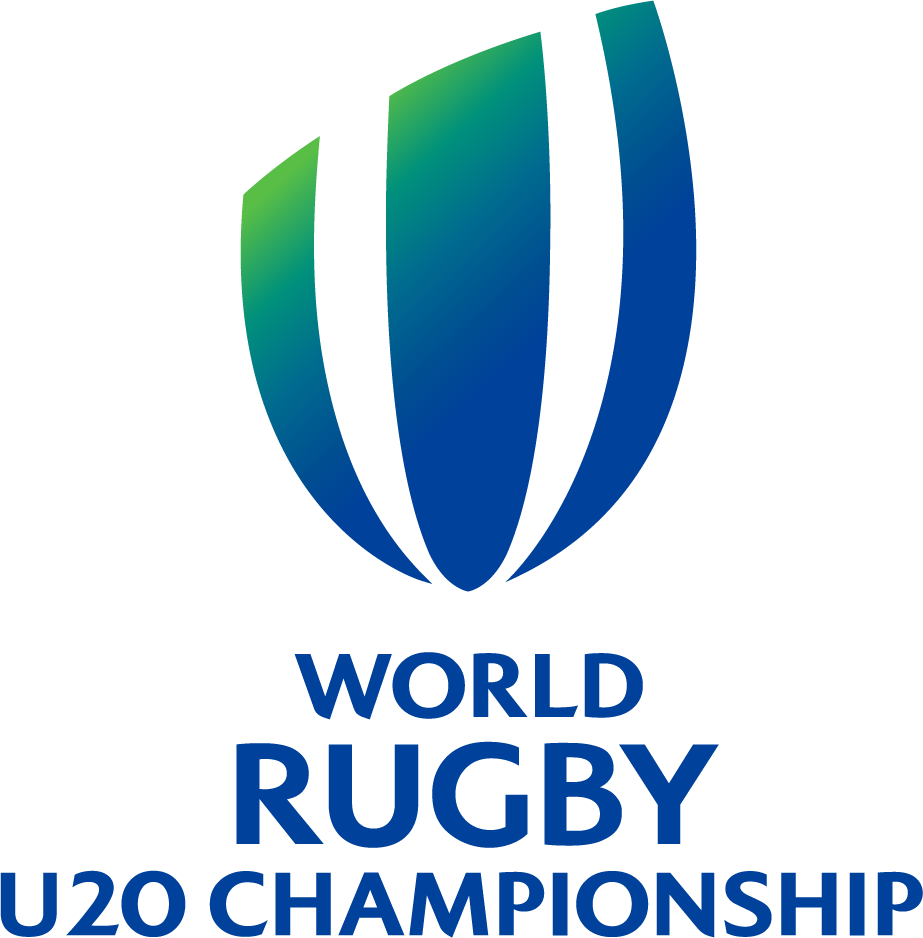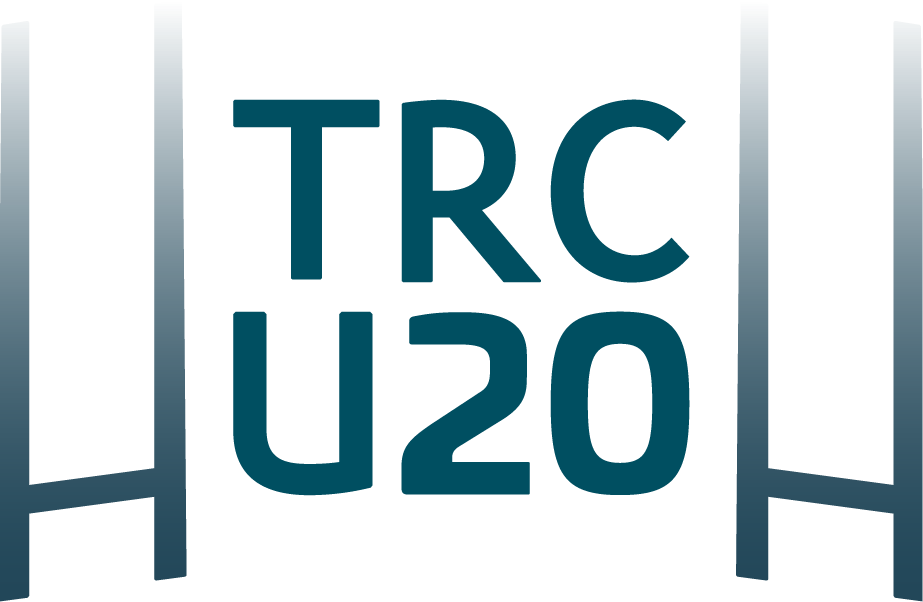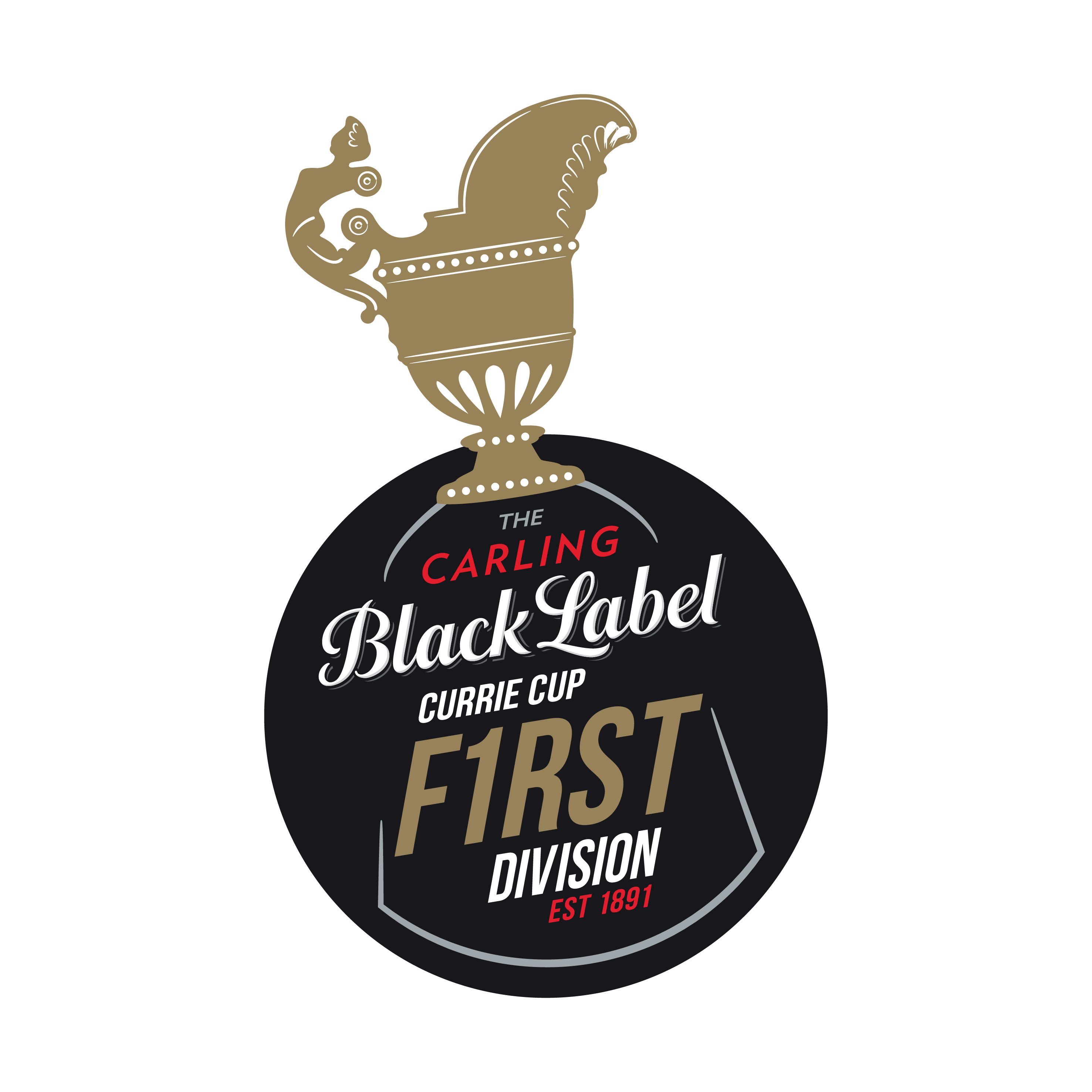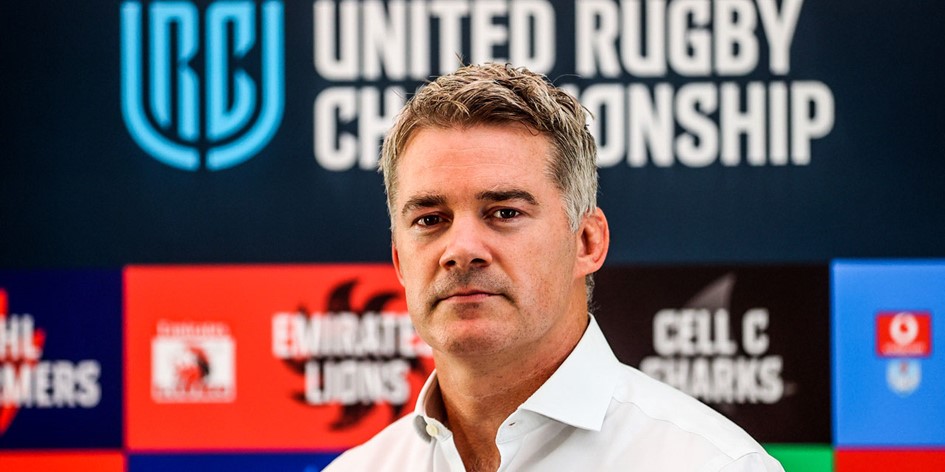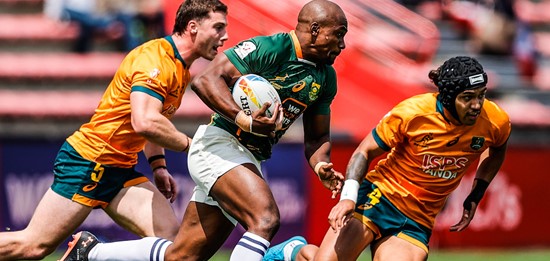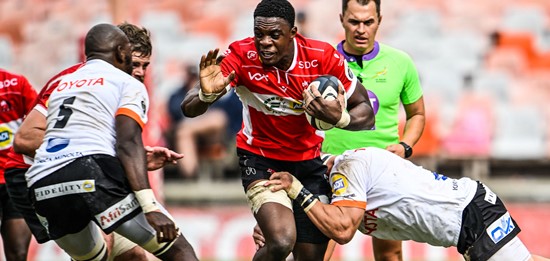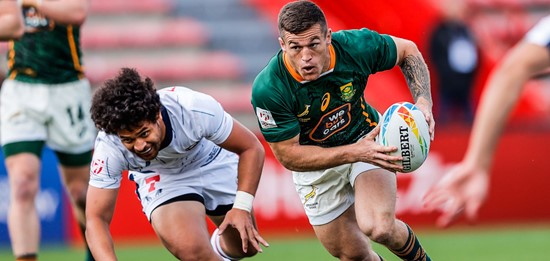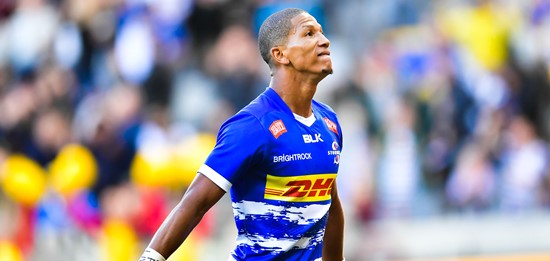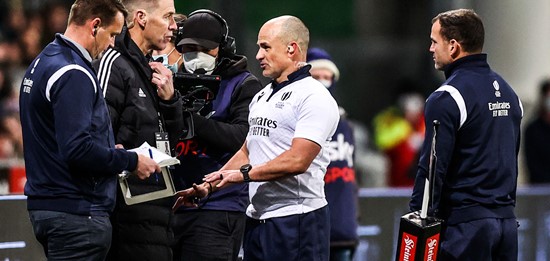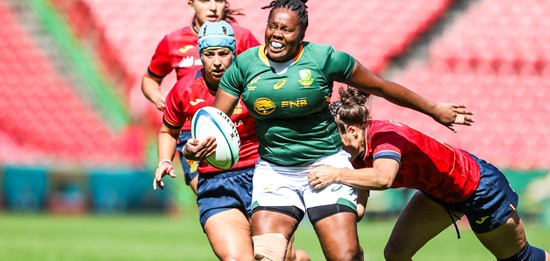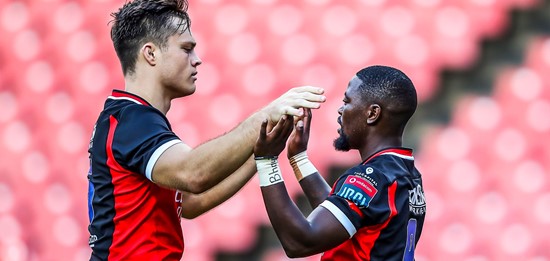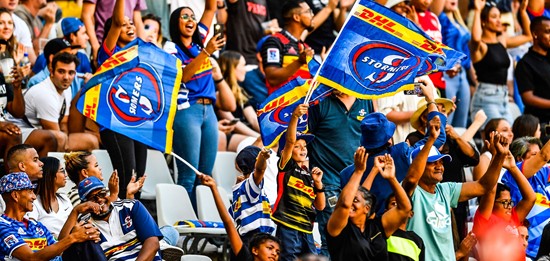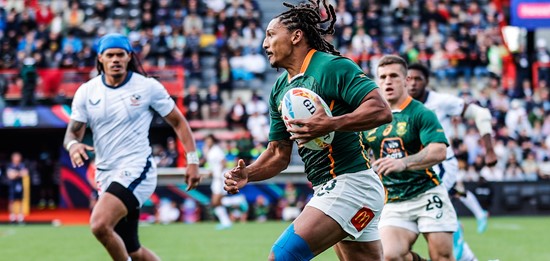URC CEO Martin Anayi said there was a proposal – which needs unanimous approval from all 16 participants in the tournament – that the eight qualification spots should go back to a meritocracy, rather than the shield system that has been in operation in the first two years of the competition.
This season the Cell C Sharks missed out on qualifying, even though they finished eighth, because the competition structure meant a Welsh team – Cardiff, who finished 10th – had to be included as they won the Welsh Shield.
Anayi said it was likely that it would return to a meritocracy if the clubs agreed.
“I think that’s most likely,” he said last week. “The way it works now is we take the four geographical shield winners and the next four highest placed sides in the league, and we did that because we wanted a broad range of teams in the Champions Cup.
“We also said, because there is a quite vocal objection to that within some of our stakeholder groups who didn't want that, but they said they would go with that for a two-year period and then we would review this summer.
“But unless it is unanimous to continue as we are, we will revert back to a straight meritocracy.”
Anayi also added that the current format of the highest-ranked side hosting the Vodacom URC final would continue, and the traditional “destination final” – which has been used in European competitions – would no longer apply.
As a result of this arrangement, the DHL Stormers will host the 2023 Grand Final against Munster, who knocked the top-ranked Leinster out in a dramatic semi-final last Saturday.
“We moved away from the ‘Destination Final’ when the South African teams came in, largely because obviously you could have two South African teams in a European ‘Destination Final’ and that might be tricky,” explained Anayi.
“In year one, we obviously had with Stormers versus Bulls. So we’ve moved away to a highest ranked team route. This year there is an extra gap of a week between the Champions Cup final in Dublin.”
When it comes to the travel concerns that have dogged South African teams this season and have made long journeys a norm, there were plans to address this, including making the tours longer to ensure less frequent flights.
Anayi did concede that since the plans for South Africa’s inclusion were drawn up, the price of an average ticket had gone up 35 percent.
“That inflation has been quite difficult,” he explained about the behind-the-scenes logistics.
The cost of the European teams travelling to SA is covered ‘centrally’ by the URC, while the South African Rugby Union covers the cost of the SA teams’ travel.
“There is a hell-of-a-lot more we need to do,” he admitted, adding that there was a move to find better “routes and scheduling” to cut down on travel time. Anayi expected SA Rugby to sign off on slightly longer tours to combat this.
“It will result in only two tours, rather than three or four tours,” he said. “To reduce flights, would be to add another match to the tour. When it’s a four-match tour, teams can settle into a location and get integrated into their hotel.”
Charter flights were also an option, but Anayi said the URC are “trying to make it more direct and at convenient times, while expanding the number of business class seats available.
“There is a very low number of business class seats available on those routes and there is an over-subscription.”
The URC boss also said the likely start date of the next season would be on the weekend of 20-22 October, the same weekend of the Rugby World Cup semi-finals.







